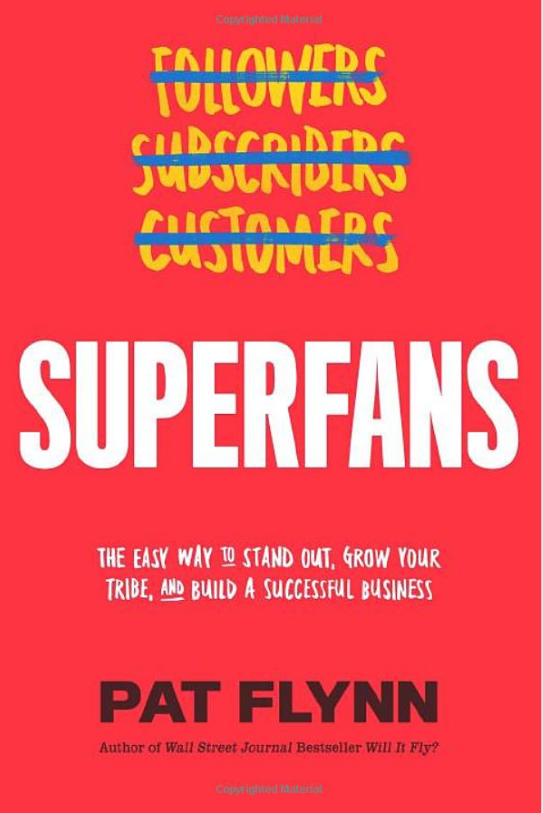Words. They really are amazing things. Think about where we’d be without them. Obviously, you wouldn’t be reading this right now, which some people may argue would be a good thing… Though there is plenty of scientific debate on exactly when language began, one fact is certain: none of the amazing advances of humanity would be possible without language and words. We’d all still be walking around hunched over, dragging our knuckles on the ground and hitting each other with sticks. Even with all the amazing things that we’ve achieved using language, we often forget their importance and the impact that they can have on our lives and our business.

Words have power.
Words can do many different things. Words can console the distraught. Words can rally the eager. Words can sway the undecided. Words can intimidate. Words can energize. Words can manipulate. Words can raise up and lay low. Words have the power to change someone’s feelings, change someone’s day or change the path of their life. There is power in the words that you use.
Words can be used to console a nation, as evidenced by a well-crafted presidential speech after a national tragedy. Words can be used to raise someone’s confidence, spoken to troops before a battle or a team before the big game. They can be used to gain someone’s trust or glean information, as is often done by negotiators during a hostage situation or investigators researching a crime. Unfortunately, words can also be used to divide people for the benefit of those speaking, as evidenced by our country’s recent political climate.
Words mean more than what is set down on paper.
Maya Angelou
All too often, we give little thought to the words that cross our lips. In our human urge to be seen as knowledgeable, to be thought of as someone to be listened to, someone to be respected, we simply utter words (or social media posts) without a second thought on what those words will mean and what type of impact they will have on the lives of those that hear or read them.
Because of this, when our words do cause problems, we often go into damage-control mode. We attempt to deflect blame; to shift the responsibility for our words onto the people that hear them. We use phrases like “that’s not what I meant” or try to say that the fault lies entirely with the person acting on those words, accusing them of interpreting our words to mean something other than what we intended.
“You’re twisting my words…”
Words can make or break you. Think about your personal life. We’ve all slipped up and said something to a friend or loved one that we immediately regretted. And even if they told us that we were forgiven for our “slip of the tongue,” we all know, deep down inside, that every time we see that person again, those words hang in the air between us, like the humidity of a south Louisiana summer. You can’t see it, but it’s always there, sticking to you with no way to escape its oppressive hold. Once you say the wrong thing to someone, it becomes a part of your relationship forever.
That is, if there is a relationship after your unintended faux pas.
Your business success will follow the same set of rules. While a perfectly delivered story or cleverly crafted explanation to a pressing problem can permanently cement you as the go-to authority for your client, the wrong words from your mouth (or in your written materials) can have the exact opposite effect. Say the wrong thing and you can kiss their business goodbye. Forever.

In the home inspection industry, like most businesses, you’re constantly relaying the same information to your clients. Most of the questions (and answers) are similar from client to client. Occasionally, someone will throw you a curve ball, but for the most part, everyone asks similar questions about your business and your product.
Being prepared for those questions and having standard answers that you can use in these situations can really help your business. First, it lessens your stress levels, because you already know what you’re going to say when the question is asked. Second, by preparing these answers ahead of time, you can research the subjects and compile an accurate and coherent response, lessening the chances that you will say something wrong to your client. And lastly, by constantly repeating the same answers (to the same questions), those answers become second nature, lessening the amount of brain power that you use in that specific portion of the conversation. This allows you to put your brain power to better use, like assessing the body language and non-verbal cues of the others involved in the conversation, to better steer the discussion in a productive direction.
Think about the common questions that you’re liable to encounter and decide on the best way to answer those questions. Always remember that the words you use can have a lasting impact on your (personal and business) success. A little advance preparation can go a long way in furthering your career.

No one like doing extra homework, but spending a little time planning ahead can pay great dividends in your business.
And who doesn’t want great dividends from their business?
Would you like to get an email every Friday where we share the newest things we’ve discovered about home inspections? CLICK HERE to sign up.
Want to be an Influencer in Your Field? Share This Post!
Thanks, Joe


